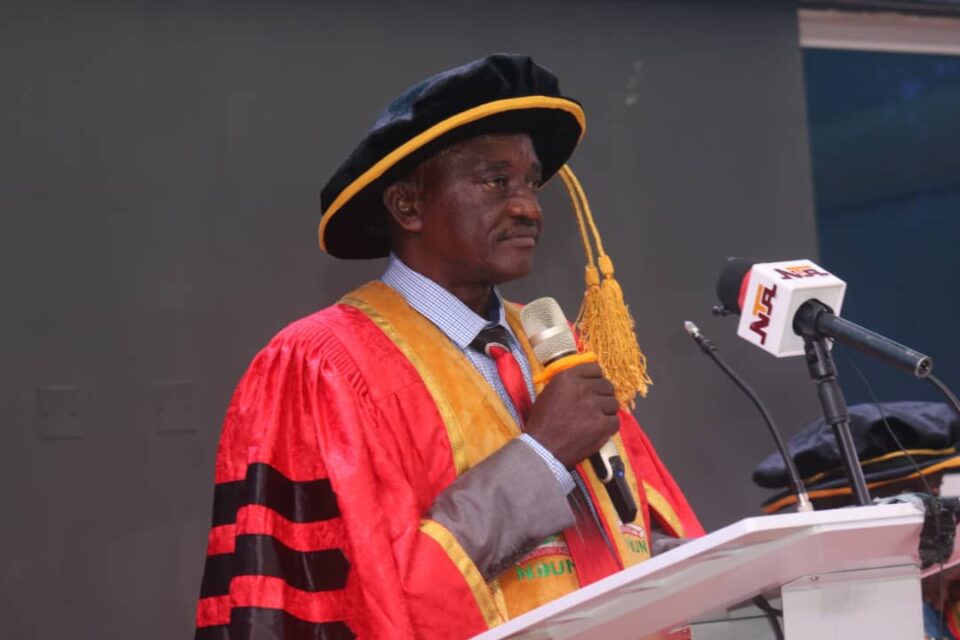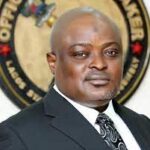By Felix Khanoba
A distinguished scholar in Guidance and Counselling at the National Open University of Nigeria (NOUN), Professor Augustine Chinweuba Ukwueze, has expressed concern over the neglect of academic counselling in the country’s education system, despite its proven benefits for students’ success and well-being.
Ukwueze, who lectures in the Department of Educational Foundations, Faculty of Education at NOUN, made this known during the university’s 31st Inaugural Lecture on Thursday at its Abuja headquarters.
In his lecture, titled “Academic Counselling: A Dark Horse in Education Industry,” he described academic counselling as a vital yet underutilised tool for improving student outcomes, stating, “It is a powerful but overlooked force capable of driving significant improvements in educational outcomes and student well-being.”
According to a statement signed by Ibrahim Sheme, NOUN’s Director of Media and Publicity, Ukwueze explored the historical development of academic counselling, tracing its roots to the early 20th century. He emphasised its evolution into a critical support system that helps students make informed decisions about their education and future careers.
Despite its importance, Ukwueze noted that many educational institutions still fail to prioritise counselling services, which contributes to low academic performance, misguided career choices, and increased dropout rates.
Presenting research findings, he emphasized the tangible impact of academic counselling, revealing that students who received regular guidance showed significant improvement in their West African Senior School Certificate Examination (WASSCE) and National Examination Council (NECO) results. He added that schools with structured counselling programmes recorded better student retention and progression.
Reflecting on his career, Ukwueze shared personal experiences of working with students from diverse backgrounds, recounting how proper academic guidance helped them overcome challenges and achieve academic excellence.
However, he also pointed out barriers to effective counselling, including inadequate funding, a shortage of trained professionals, and stigma surrounding counselling services. He stressed that failing to address these issues would limit the potential of academic counselling to transform Nigeria’s education landscape.
He praised NOUN for investing in its counselling units and employing a large number of trained counsellors, but called for broader systemic changes. His recommendations included increased funding for counselling services, integrating technology to enhance delivery, raising awareness about counselling’s benefits, and ongoing training for counsellors to stay updated on best practices.
In his remarks, NOUN Vice-Chancellor, Professor Olufemi Peters, acknowledged that academic counselling is often overshadowed by traditional teaching and examination processes. He said, “It is a crucial support system that helps them navigate the complexities of their academic journey, enhances their performance, and prepares them for the workforce.”
Peters reiterated the university’s commitment to strengthening academic counselling, especially within the Open and Distance Learning (ODL) framework, where students often require tailored guidance. He urged educators, policymakers, and stakeholders to prioritise counselling services to ensure students receive timely and professional support.
Deputy Vice-Chancellor, Academic, Professor Chiedu Mafiana, also lauded Ukwueze for his research and advocacy, highlighting its impact on student success and affirming NOUN’s dedication to making academic counselling a core component of its educational framework.



